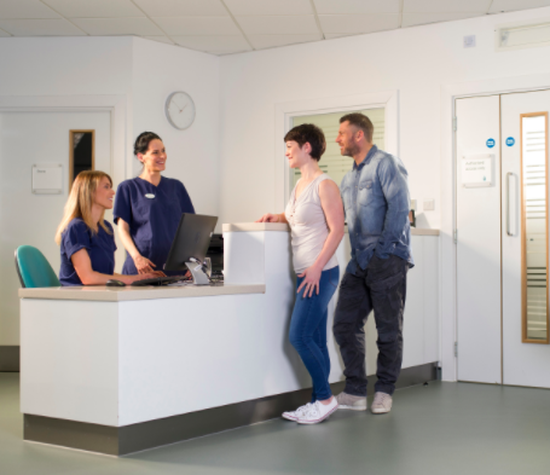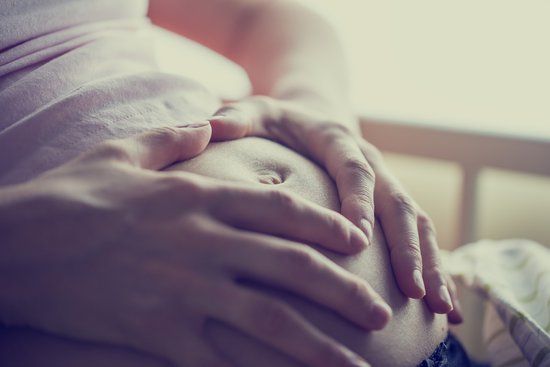According to a survey of 2,000 people conducted for ITV’s This Morning as part of its Fertility Week, around one in five (18%) of couples in the UK now spend more than a year trying to conceive. So how long should you wait if you’re having trouble getting pregnant and is there anything you can do to maximise your chances?
According to new, updated NICE guidelines, which all local GPs and healthcare trusts are advised to follow as best practice, if there’s no known cause for you not conceiving after a year of regular, unprotected intercourse, then both you and your partner should be referred for fertility tests by your GP. If you are 36 or above you should seek help sooner than 12 months. This is because the younger you are when you start IVF or indeed any fertility treatment, the higher the chances of success.
But what if you find yourself struggling to get pregnant, but your GP wants you to try for longer before referring you for tests? You don’t have to wait to find out if you or your partner has an underlying fertility issue. You can book in with us here at Manchester Fertility for a private Fertility MOT.
It’s a series of simple tests for both you and your partner, including semen analysis, ovarian reserve and pelvic ultrasound scan. These tests can be performed and completed within one monthly menstrual cycle and once we have your results, you will be seen by one of our expert fertility consultants who will go through them with you and explain what they mean for your chances of pregnancy. They will also identify possible treatment if you or your partner are identified as having a fertility problem.
Another interesting point to note from the survey is the fact that although three-quarters (76%) of those questioned understood that smoking and drinking alcohol can affect their fertility, only half were willing to change their lifestyles to help them get pregnant. Your lifestyle is something you will be asked about if you visit your GP with unexplained infertility, as it is well known that having a high BMI, excess alcohol and smoking can all have a negative effect on your fertility.
Here are some useful tips on how you can maximise your chances of conceiving naturally:
- Regular intercourse – it may sound obvious but regular intercourse is actually defined as every two to three days during your monthly cycle.
- Ovulation prediction kits– if you’re not sure when you are ovulating, ovulation prediction kits – which you can buy from high street chemists – will tell you when you are approaching your most fertile time of the month., so you can specifically time intercourse around the fertile days. You may assume that you ovulate exactly in the middle of your cycle, but often that’s not the case, and you could be missing the crucial window when you are ovulating.
- Alter your lifestyle– Cut down or ideally stop smoking completely, and cut down on drinking. Excessive alcohol and smoking has been shown to affect sperm quality in particular.
- Your weight – Studies have shown that having a high BMI can affect your fertility. It’s why if your BMI is excessive you will be asked to lose weight before many NHS trusts will consider you for fertility treatment. Here at Manchester Fertility we will also recommend you lose weight before starting your IVF cycle to maximise your chances of success.
If you are worried that you’ve not fallen pregnant yet and either cannot get a referral soon enough from your GP or don’t want to wait any longer, contact us today on 0161 300 2737 to find out how we can help you.
Last updated: 7th February 2024






